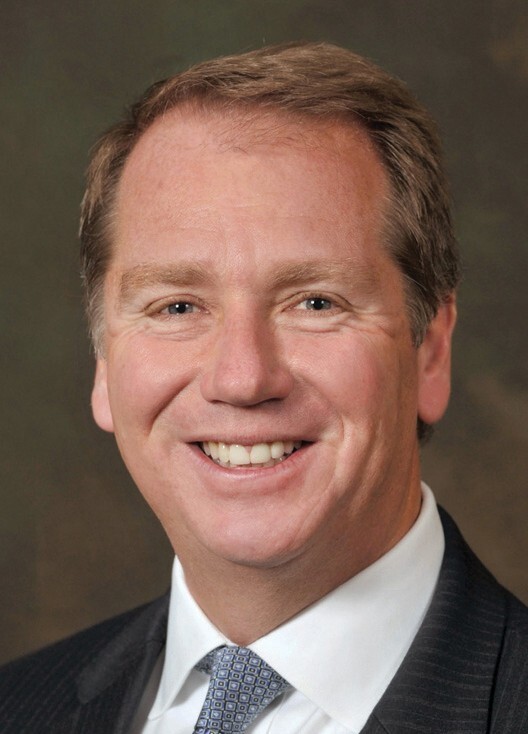
Martin Schappell spent 15 years as a leader at Universal Health Services (the largest inpatient psychiatric hospital operator in the United States) as a Senior Vice President in the Behavioral segment. He joins us to talk about the behavioral health care industry, how care has evolved over the last 30 years, and the impacts of our current climate on the mental health of the seniors in our population.
In this episode we talked at length about why behavioral healthcare has changed so much, what is good about those changes as well as what is bad. We also discussed where the opportunity is for entrepreneurs in this space.
Martin now serves as president and CEO of Shell Point Retirement Community where he has been for the last 4 years. Shell Point is the second largest single site senior living community in the United States with 2,500 residents and 1,200 employees in Florida. Martin’s behavioral health care industry experience and his firsthand knowledge from operating Shell Point give him unique insights into the mounting mental health differences
Links mentioned in the show: Universal Health Services, Shell Point Retirement Community
HERE ARE SOME OF THE THINGS WE TALKED ABOUT:
- Martin shares observations from his career which began as a licensed marriage counselor, and eventually led him to behavioral health care hospital management and into senior management at one of the largest providers in the country.
- Martin talks about how he believes he was really wired for “business” versus being a “clinician” but that his clinical training made him a great leader. He told me that learning about people, their motivation, understanding mental illness, etc. has influenced his leadership style.
- As Martin transitioned from the non-profit clinical world to Charter Behavioral Health, he transitioned into a business management role. Eventually, Charter failed, and sold hospitals to UHS in bankruptcy during 2000. That led Martin to land at UHS where he served as a Senior Vice President in the Behavioral segment.
- The delivery of behavioral health care has evolved greatly over the last 30 years. Delivery has become more efficient. 30 years ago, it was very common for people to be hospitalized for 3 months at a time for acute mental health problems. Now it’s more common to be hospitalized for 3 days or less at a time. The industry has prioritized efficiency over individualized care as the reimbursement model has shifted over the years and while here are positive consequences on system capacity, there are negative consequences on the quality of individualized care as well.



